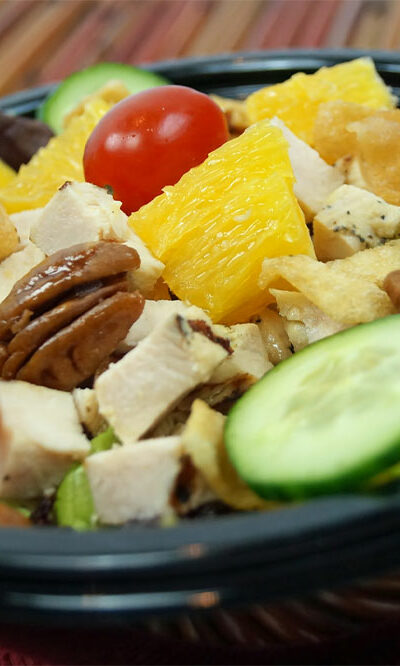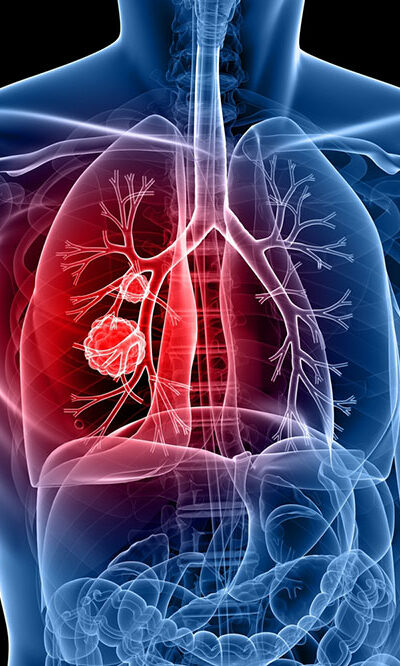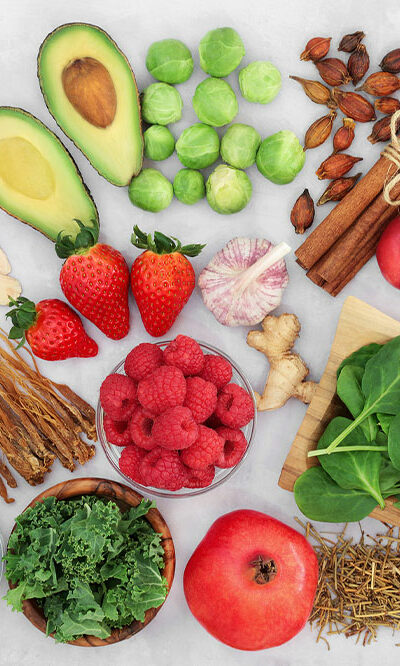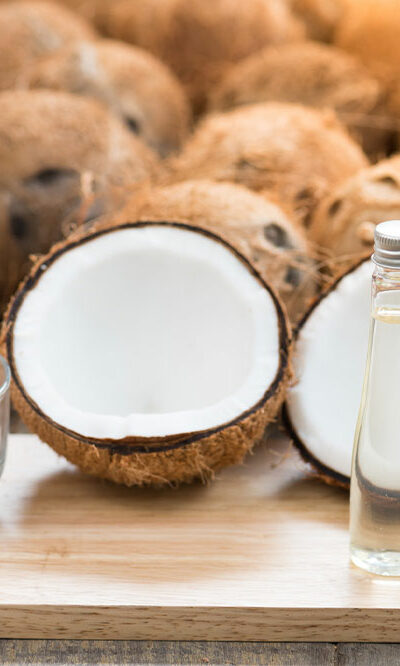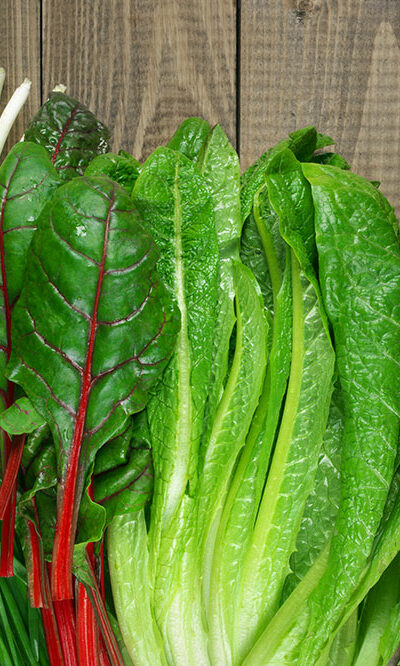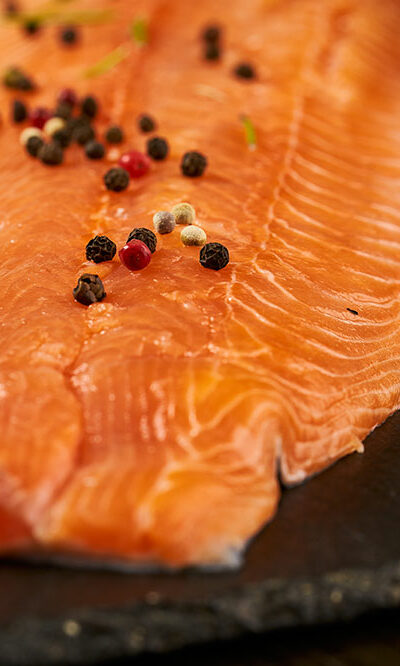
Foods to eat and avoid for managing pulmonary fibrosis
Pulmonary fibrosis is a progressive disease of the lungs. It occurs when the lung tissue gets damaged and scarred, causing shortness of breath, dry cough, fatigue, chest pain, appetite loss, and other discomforts. Unfortunately, there’s no complete cure for pulmonary fibrosis. However, proper nutrition can help manage the condition. This article lists the foods patients must eat and avoid, along with a few medications, including Esbriet®, as treatment options for pulmonary fibrosis. Foods to eat The following foods can help manage pulmonary fibrosis: Whole grains Whole grains like oats, quinoa, and brown rice are packed with fiber. They also have nutrients that can help lower cholesterol levels and decrease inflammation, improving the quality of life among pulmonary fibrosis patients. Lean protein Protein helps strengthen the chest and abdomen muscles, reducing breathing issues. One must choose high-quality lean proteins like skinless chicken breasts, eggs, and fatty fish. Some excellent plant-based protein sources include beans, peas, nuts, legumes, and tofu. Fruits and veggies Fresh fruits and vegetables like carrots, celery, spinach, berries, kiwi, and pineapple are loaded with a slew of antioxidants, vitamins, and minerals that help support lung health and ease pulmonary fibrosis symptoms. Plus, they’re high in fiber and can boost digestion. Foods to avoid Certain foods can worsen pulmonary fibrosis symptoms. These include: Fried foods Fried foods, such as French fries, fried chicken, and potato chips, can cause throat irritation. This may trigger cough and also lead to bloating and gastric disturbances, making breathing difficult. Moreover, fried foods can cause fat gain, which can further worsen breathing problems. Cured meats Cured meats are loaded with nitrates, which act as a preservative and help meats maintain their color. Studies show that nitrates can damage lung tissue and worsen pulmonary fibrosis symptoms. Therefore, one must avoid cured meats like bacon, hot dogs, ham, and salami.
